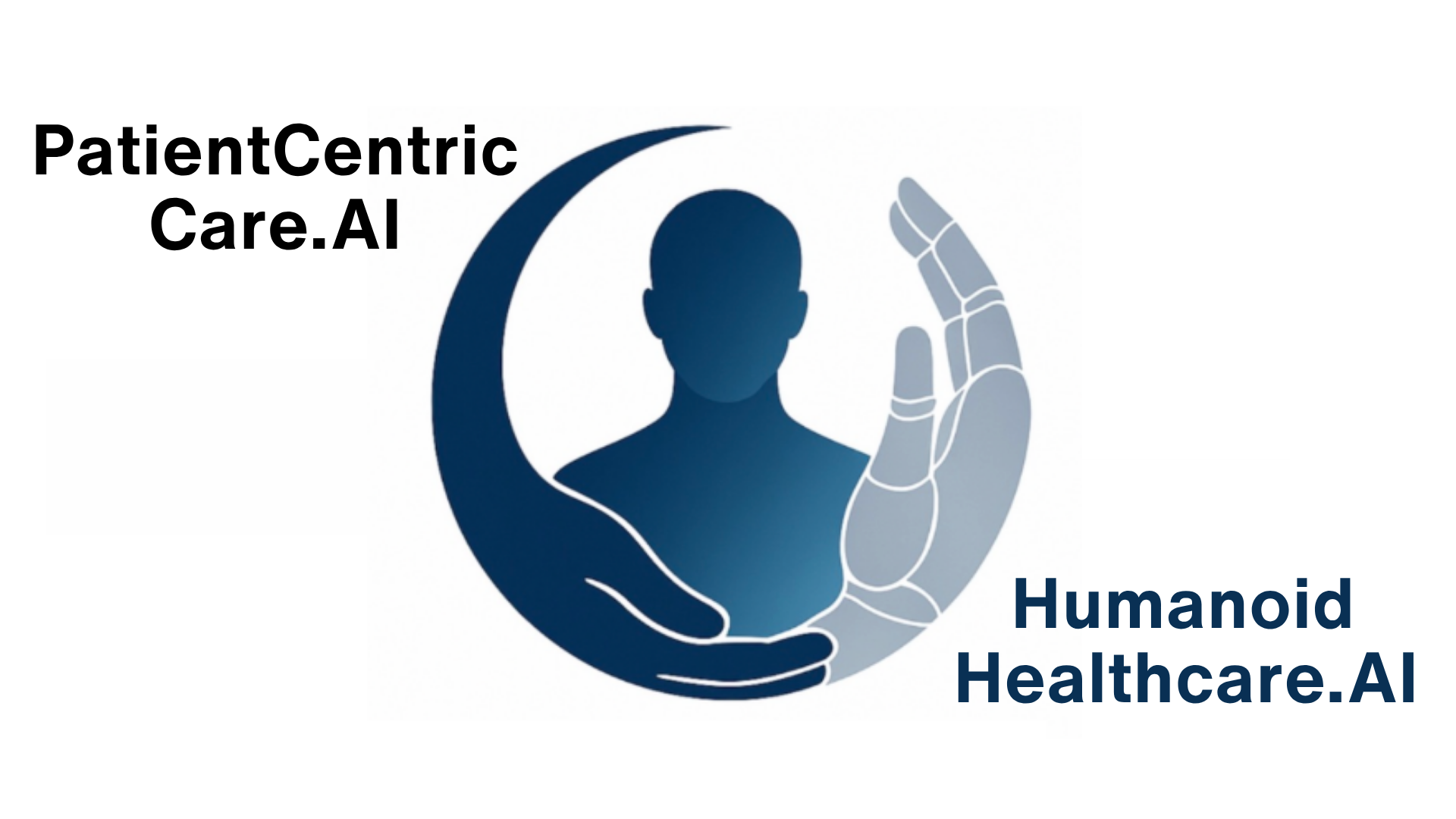AI Clinical Assistants: Revolutionizing Healthcare Delivery in 2025
Published: October 11, 2025
As healthcare systems worldwide grapple with staffing shortages and increasing patient demand, a new wave of technology is poised to revolutionize care delivery: AI Clinical Assistants. These intelligent systems are not replacing clinicians, but rather augmenting their capabilities, automating administrative burdens, and providing patients with 24/7 support. From automated notetaking to remote patient monitoring, AI is creating a more efficient, accessible, and personalized healthcare experience.
According to a 2025 report by the Canadian Agency for Drugs and Technologies in Health (CADTH), AI-powered automation is one of the top five trends reshaping care delivery, with a focus on reducing clinician burnout and improving patient outcomes [1]. This article explores the key applications of AI clinical assistants and how they are transforming the patient journey in 2025.
The End of Clinical Paperwork: AI-Powered Notetaking
One of the most significant contributors to physician burnout is the administrative burden of clinical documentation. AI-powered notetaking and transcription services are tackling this problem head-on.
These systems use ambient listening technology to capture the natural conversation between a clinician and patient. The AI then automatically transcribes, summarizes, and structures the conversation into a compliant clinical note, directly in the Electronic Health Record (EHR). This allows clinicians to focus entirely on the patient, rather than on a computer screen.Key Benefits: - Saves Time: Reduces documentation time by up to 70%. - Improves Accuracy: Captures more detailed and accurate information. - Enhances Patient Interaction: Fosters a more natural and empathetic patient-doctor relationship.
24/7 Patient Support: The Rise of AI Chatbots and Remote Monitoring
AI clinical assistants are extending care beyond the hospital walls, providing patients with continuous support and monitoring at home.
Intelligent Patient Chatbots
AI-powered chatbots are becoming a first line of support for patients, offering instant answers to common questions, helping with medication reminders, and providing basic triage to determine if a clinical visit is necessary. As noted by the World Economic Forum, these 24/7 clinical chatbots are a key application of AI in transforming global health [2].Remote Patient Monitoring (RPM)
Wearable sensors and at-home medical devices, powered by AI, are enabling continuous monitoring of patients with chronic conditions. These systems can track vital signs, glucose levels, and other key metrics, alerting clinicians to potential issues before they become critical. This proactive approach helps to reduce hospital readmissions and improve long-term health outcomes.Smarter Triage and Decision Support
AI is also playing a crucial role in helping clinicians make faster, more informed decisions. Boston Consulting Group highlights that AI-driven triage systems can help to prioritize patients based on urgency, ensuring that those with the most critical needs are seen first [3].
These systems analyze patient symptoms and medical history to provide evidence-based recommendations, supporting clinicians in their diagnostic and treatment planning. This not only improves the efficiency of care but also enhances patient safety.
The Future of AI in Healthcare
The integration of AI clinical assistants is just the beginning. As the technology continues to evolve, we can expect to see even more sophisticated applications that further personalize and democratize healthcare. The goal is to create a system where clinicians are freed from administrative tasks to focus on what they do best—caring for patients—and where patients are empowered with the information and support they need to manage their health proactively.
---
References
[1] Canadian Agency for Drugs and Technologies in Health. (2025). *2025 Watch List: Artificial Intelligence in Health Care*. CADTH Horizon Scan. https://www.ncbi.nlm.nih.gov/books/NBK613808/
[2] World Economic Forum. (2025). *7 ways AI is transforming healthcare*. World Economic Forum. https://www.weforum.org/stories/2025/08/ai-transforming-global-health/
[3] BCG. (2025). *How Digital & AI Will Reshape Health Care in 2025*. Boston Consulting Group. https://www.bcg.com/publications/2025/digital-ai-solutions-reshape-health-care-2025
---
About the AuthorAndy Squire brings over 30 years of experience in Big Pharma, specializing in Business Insights, Digital CX & IT. With Cambridge/INSEAD/Oxford AI education, Andy combines deep industry expertise with a unique perspective as a 2x cancer survivor. This lived experience informs his approach to understanding pain points in the customer journey and designing AI Agent solutions that deliver real impact for healthcare organizations and businesses.
Contact: [email protected] | AndySquire.AI